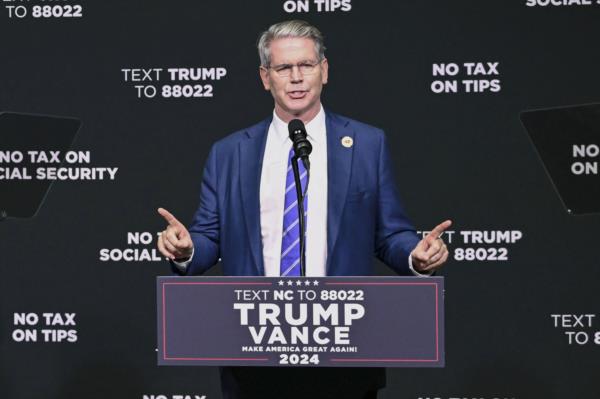
President-elect Donald Trump has proposed implementing tariffs across the board, sparking a debate on who would bear the costs of these tariffs. Scott Bessent, Trump's pick for treasury secretary, has contradicted claims made by Democratic member Ron Wyden that the tariffs would ultimately be paid by workers and small businesses.
Bessent argued that historical tariff data and optimal tariff theory do not align with Wyden's assertions. He explained that in past scenarios where tariffs were imposed, the currency tended to appreciate, offsetting some of the tariff costs. Bessent referenced a hypothetical 10% tariff, suggesting that the currency could appreciate by 4%, thereby reducing the impact of the tariff.



Moreover, Bessent highlighted the concept of elasticities, indicating that changes in consumer preferences could further mitigate the pass-through of tariffs to workers and small businesses. He also pointed out that foreign manufacturers, particularly those in China, might opt to lower prices to maintain their market share, rather than passing on the full tariff costs to consumers.
The debate over the implications of tariffs on various stakeholders underscores the complexity of trade policy and its potential economic ramifications. While some argue that tariffs could burden workers and small businesses, others contend that market dynamics and global competition may influence how the costs are distributed.







